School Education Bill registered in Parliament
What are the proposals?
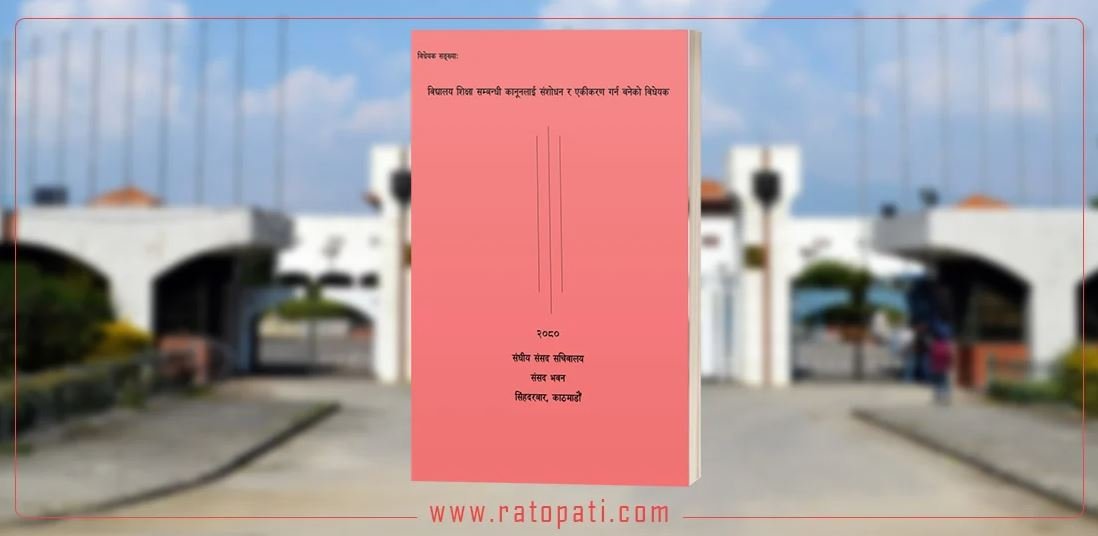
KATHMANDU, Sep 13: The School Education Act 2080 has been registered in the Parliament.
The Ministry of Education, Science and Technology registered the "Bill to Amend and Consolidate Laws on School Education, 2080" registered the Bill in the Parliament Secretariat after it was passed by the Council of Ministers.
Here are some of the provisions included in the Education Bill:
Provision to operate private schools under educational trusts (guthi)
The Education Bill has proposed a provision to establish and operate private investment schools under educational trusts.
Through this provision, social, religious or welfare organisations can operate schools for non-profit purposes and those schools should be established under educational trusts, and the schools that are already operating should be transformed per the new provisions of this Act.
Government schools free of charge & Private school fees to be set by local level
The Bill has also introduced a provision to make public schools free of cost. Similarly, there is also the proposal to set the fees of private investment schools by the local level in the provision.
Similarly, if a school does anything contrary to the rules under the Act, the local level can revoke the permission of the school. The local level should give them a chance for a hearing before revoking their permission. The Bill states that this will maintain balance and prevent the schools from doing whatever they want.
Teachers prohibited from business, politics and strikes
A law has been proposed in the bill to prohibit school-level teachers from establishing any company or doing business with local-level's approval.
It has been proposed that teachers are not allowed to establish banks or cooperatives without the prior approval of the local level, and establish or participate in any organization.
Similarly, the provision also states that they aren't allowed to work anywhere other than the school. The Bill states, "This will prevent the teacher's involvement from affecting the teaching and learning of the students." Similarly, the teachers can't participate in political activities.
The teacher can't engage in any other type of employment or provide services as a consultant, adviser or expert for financial gains, but they can be involved in the national census, election, rescue works in disasters or other similar types of work designated by the government of Nepal, Province government or the local level.
They are allowed to carry out literary, scientific, artistic, research, cultural, human welfare, charity, open and far educational programs or sport-related works. They can also instruct or carry out research in educational, academic or training institutions outside of school hours with the prior approval of the local level.
Similarly, the teachers are prohibited from taking part in strikes, obstructions or arrests and are not allowed to stop teaching in any way that hinders the right of children to study or incite others with these intentions.
Transfer of teachers to be done by local level
The Education Bill has a provision that proposes that the local level should handle the transfer of teachers from one public school to another.
The provision states that when transferring the teachers, the teachers of the basic level should be transferred to the vacant posts of the same position and the specialised teachers of the secondary level should be transferred to the vacant posts of their specialised subjects only.
Similarly, the teachers will be promoted through internal competition, performance evaluation, seniority and functionality evaluation.
It is proposed in the bill that the promotion will be done on a district basis for the basic level and province basis for the subject-based basic level and secondary level.
The Bill states, "This will solve the existing problem of quick promotion of teachers in some districts or slow promotion or no promotion at all in other districts."
Earlier, the Cabinet meeting of August 1 had decided to submit the Education Bill to the parliament. However, there was widespread opposition to the Bill. Following the protests, the government did not register it in the parliament to proceed with its amendments.



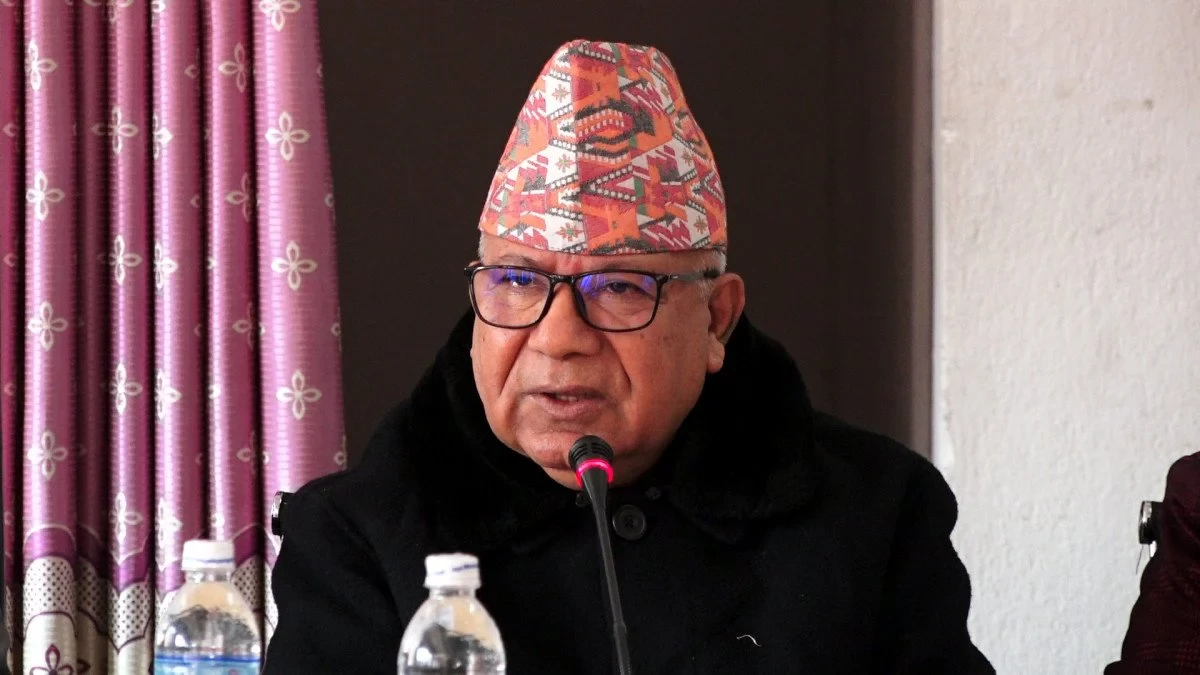

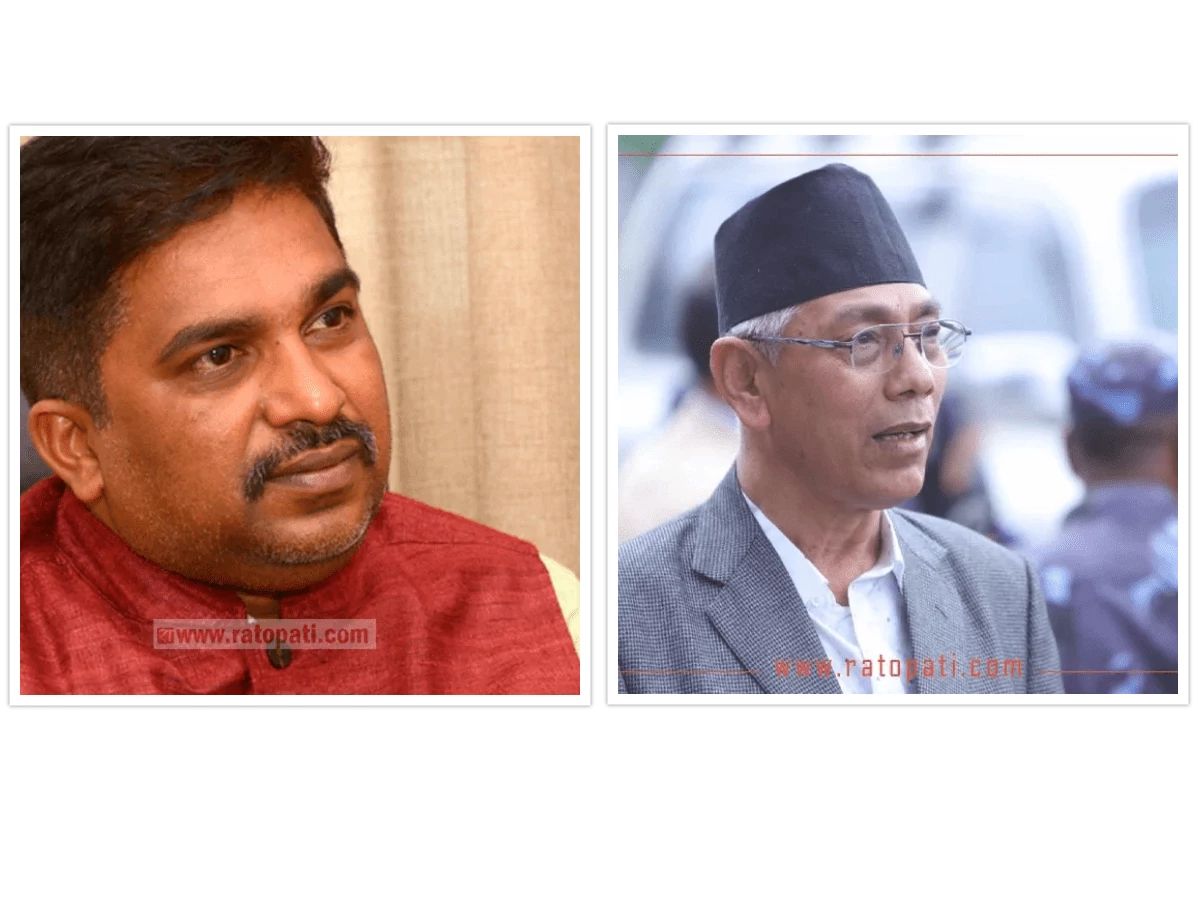

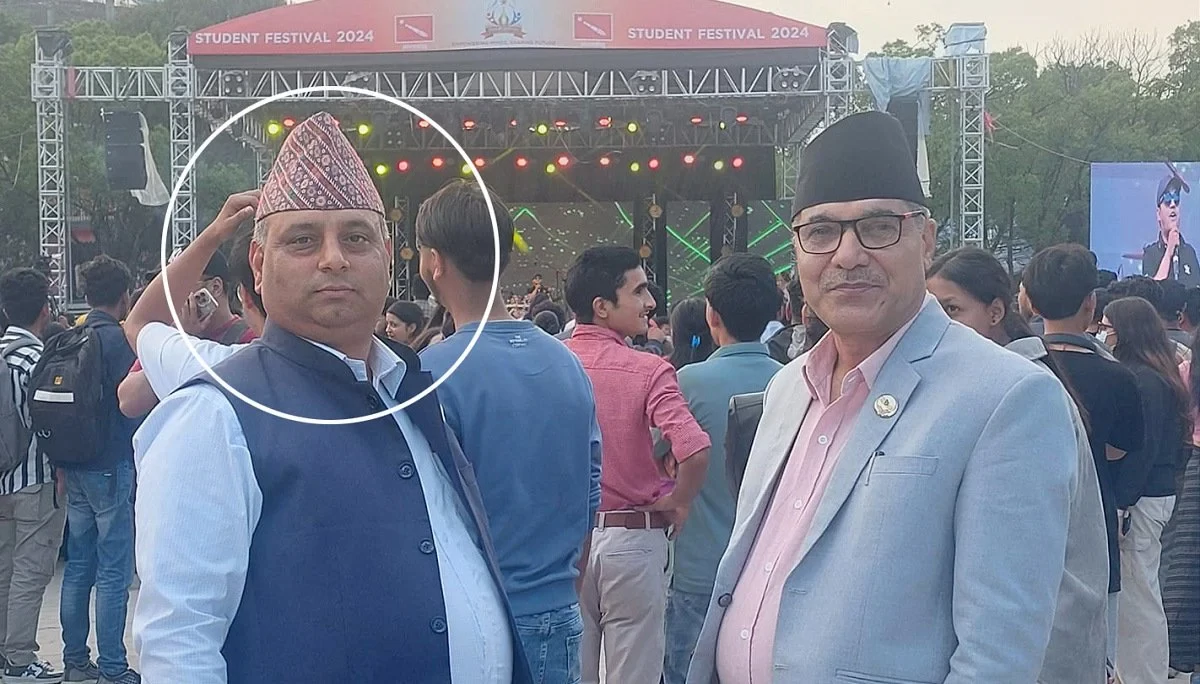
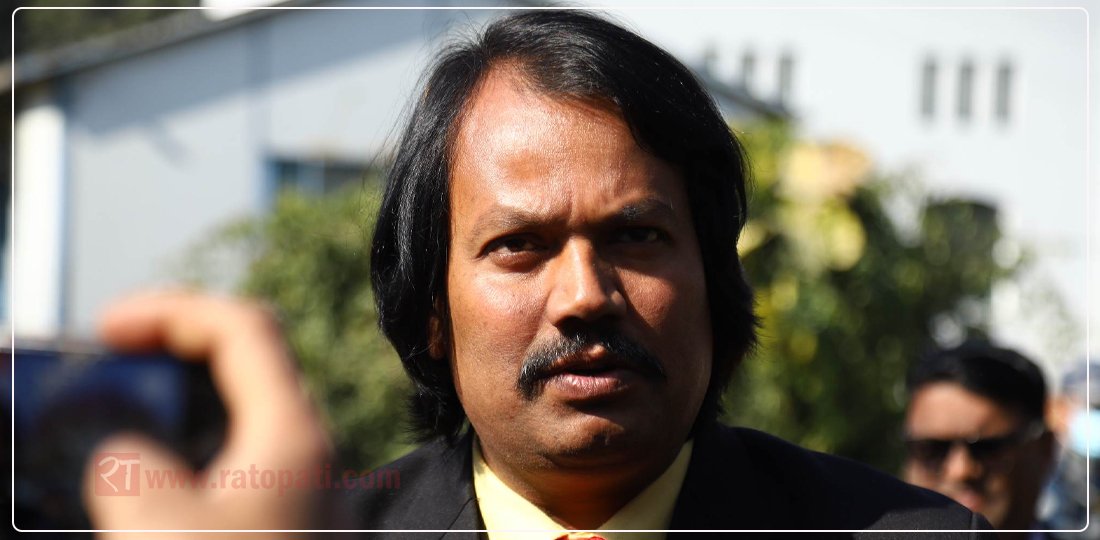
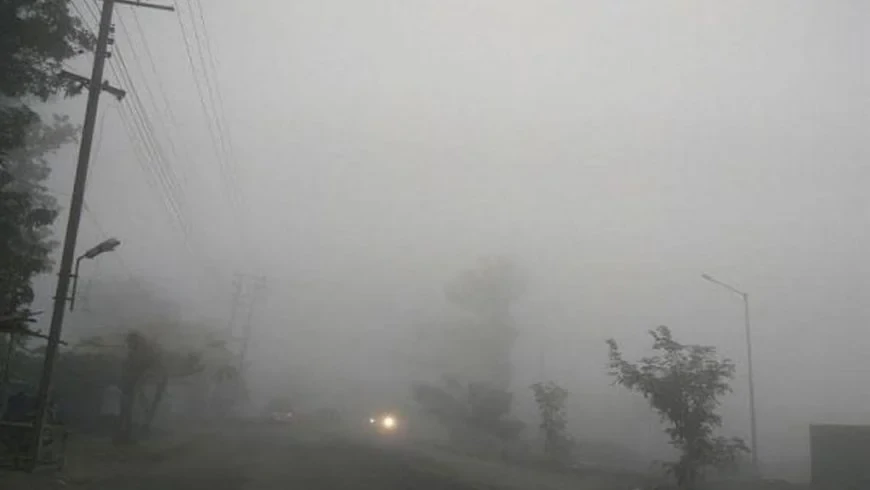
Leave Comment